Affordable and sustainable – our future focus
At E.ON, we've played a fundamental role in shaping the future of energy throughout our history - driving the transition to a cleaner, smarter energy system.


Chris Norbury
E.ON UK CEO
01/12/23
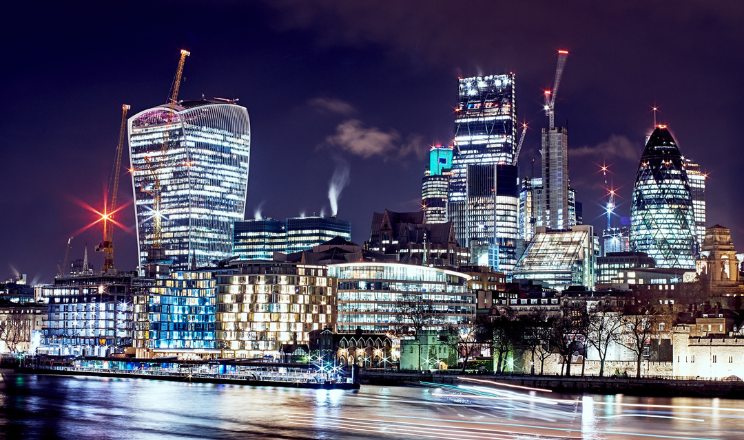
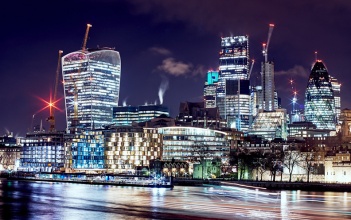

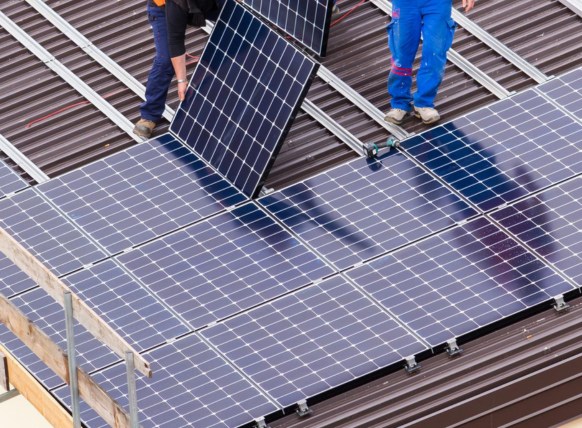

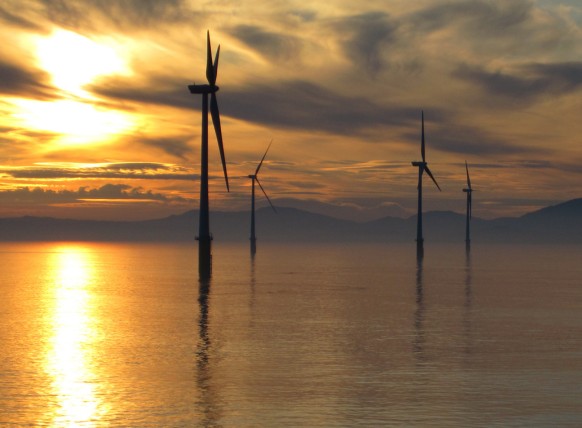


The Power of Progress

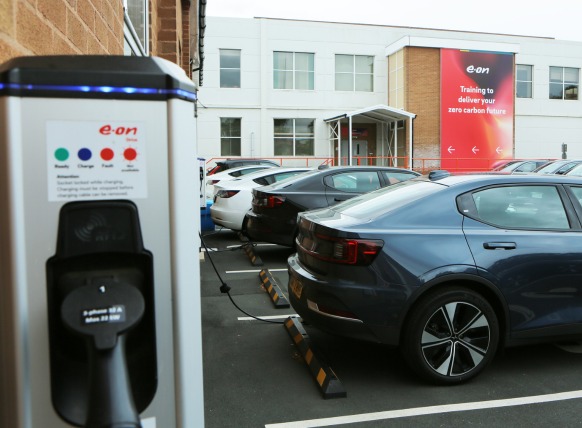
Read our other blogs
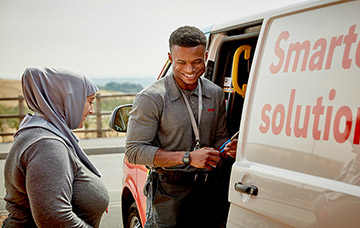
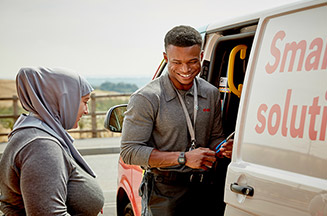
11 October 2023
Blog post
How we’re driving for smarter, sustainable homes
Chris Lovatt, Chief Operating Officer of E.ON UK Solutions, shares some of the ways in which E.ON is helping customers improve the sustainability of their homes.
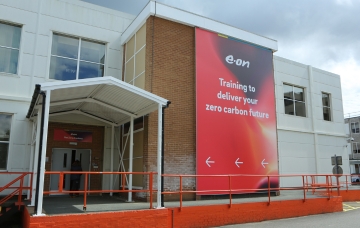
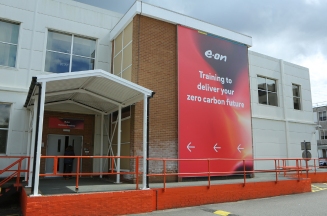
15 August 2023
Blog post
Shaping future engineers at our net zero academy
Kingswinford, in the heart of England, plays host to E.ON’s new sustainable training academy. Here, we’re upskilling our colleagues in cleaner, greener energy solutions.


17 October 2022
Blog post
Taking it to the streets
Our buildings, towns and cities contribute significantly to climate change and to reach net zero by 2050, carbon emissions from this crucial sector must be substantially reduced.